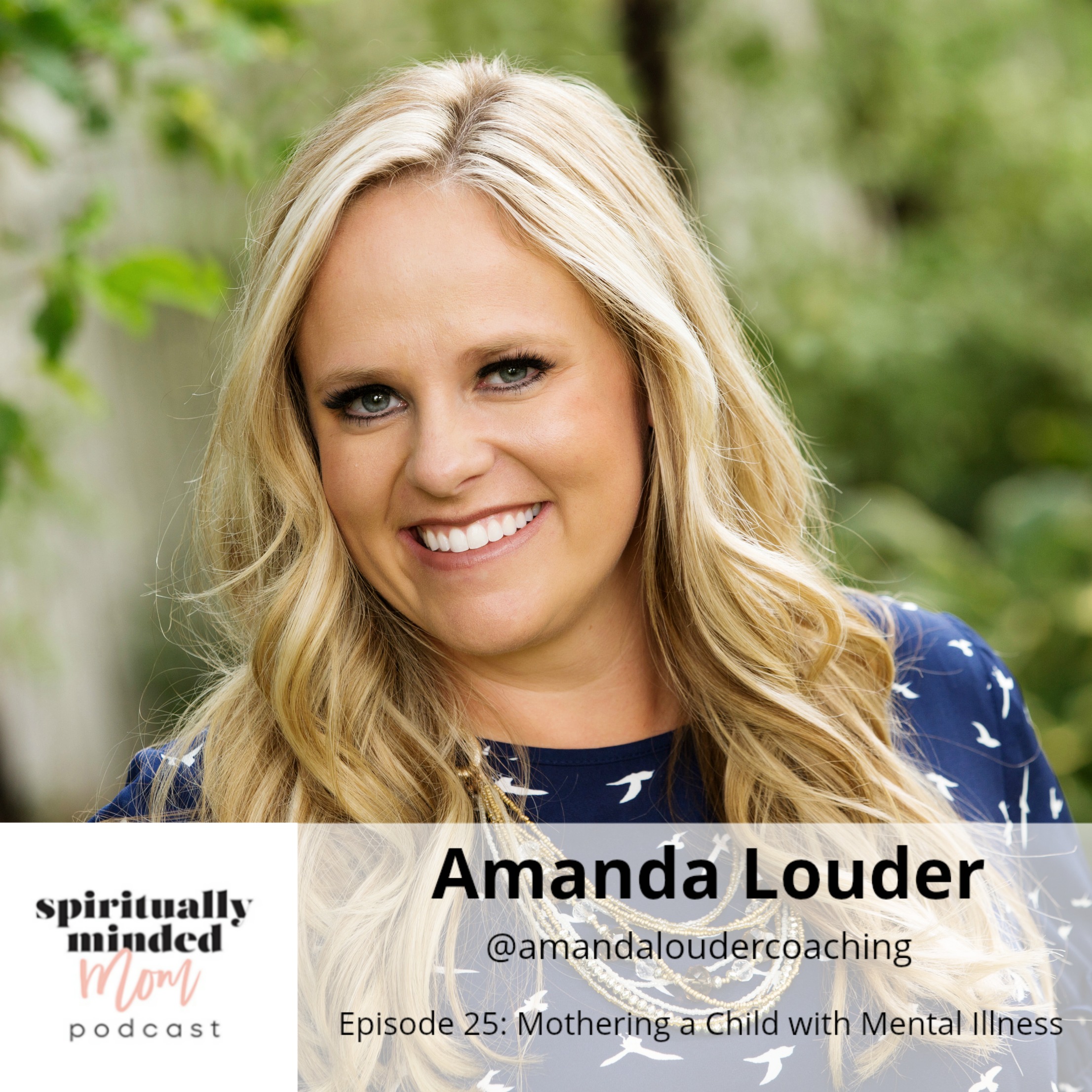Podcast Summary
Assessing Work Ethic: A Conversation between Angela Duckworth and Steven Dubner: Self-assessment of work ethic, though subjective, can provide valuable insights. Happiness levels tend to decrease around age 16 and rise again in late forties.
Both Angela Duckworth and Steven Dubner, in their respective fields of psychology and journalism, value asking questions and exploring the concept of hard work. During a conversation, they discussed how one can assess their own work ethic, with Dubner rating himself an 8.7 out of 100 people and 8.6 out of his own potential. Duckworth asked this question to measure grit and its correlation with success outcomes. While there's a possibility of faking or social desirability bias, self-assessment can provide valuable insights. The conversation also touched upon the idea that happiness levels tend to decrease around age 16 and rise again in the late forties. Overall, the discussion emphasized the importance of self-reflection and understanding one's own potential and work ethic.
Self-perception of being hard workers influenced by biases: Biases like social desirability, illusory superiority, and reference bias can skew our self-assessment of being hard workers, leading to an inaccurate understanding of ourselves.
Our self-perception of being hard workers can be influenced by various biases, including the desire to appear socially desirable, illusory superiority, and reference bias. We might inflate our self-assessment due to these biases, leading to an inaccurate assessment of ourselves. The question "are you a hard worker?" is not a perfect one because it's hard to place ourselves in the universe of people and compare ourselves fairly. Instead, we often compare ourselves to a small, idiosyncratic group of people, leading to artificially low or high responses. For instance, some studies show that people from certain cultures, like the Far East, might report being less conscientious than they actually are due to reference bias. In summary, our self-assessment of being hard workers can be skewed by various biases, and it's essential to be aware of these biases to get a more accurate understanding of ourselves.
Understanding Reference Bias in Perceptions of Hard Work: Reference bias can influence how we perceive and judge hard work, and assessments can be impacted by the comparison sets presented. Manipulating these sets can potentially influence our own work ethic and performance.
The concept of reference bias, which influences how individuals perceive and judge the world around them, can significantly impact assessments of hard work. The authors of a study suggest that asking someone directly if they consider themselves hard workers may not yield accurate results. Instead, presenting them with stories of hard-working and non-hard-working individuals and asking them to rate these people can provide insight into their frame of reference and standards. By manipulating the comparison sets, researchers can potentially influence participants' own work ethic and performance. Ultimately, reference bias is a form of relativity, and it's essential to consider the context and comparisons when evaluating various aspects of life, including hard work.
Understanding Happiness: A Complex Construct: Happiness is subjective and multifaceted, consisting of life satisfaction, positive emotions, and the absence of negative emotions. Economists often focus on life satisfaction, but frames of comparison can impact perception.
The concept of happiness and what contributes to it is subjective and can vary greatly from person to person. Albert Einstein, for instance, saw everything as relative, while some may prioritize love, money, or success. Happiness can be broken down into three aspects: life satisfaction, positive emotions, and the absence of negative emotions. Economists often focus on life satisfaction, but it's essential to remember that happiness is multifaceted and can mean different things to different people. Additionally, the frames of comparison or references we use can significantly impact our perception of happiness. For example, what seems like a long time to one person might be perceived as a short time by another. Overall, it's crucial to recognize that happiness is a complex construct that can't be boiled down to a simple definition or formula.
People are happiest during their teenage years and experience a significant drop in happiness until around age 50: Research suggests people are happiest during their teenage years, but experience a significant drop in happiness until around age 50, possibly due to adjusting expectations as they come to terms with reality
According to economist David Blanche Flower's research on the happiness curve, people tend to be the happiest during their teenage years and experience a significant drop in happiness until around age 50, when it begins to rise again. The reasons for this trend are not definitively known, but one possible explanation is that during the early stages of life, people are striving to achieve goals and experience a larger gap between their dreams and reality. As they age and come to terms with what is truly possible, they may adjust their expectations and experience an increase in happiness. However, it's important to note that this is just one theory and further research is needed to fully understand the happiness curve.
Expectations and happiness in different stages of life: Research suggests that happiness in later life may not come from improved circumstances, but from changed expectations. Young people's optimism might help them face challenges, but excessive optimism can also be problematic. The relationship between expectations, achievements, and happiness is complex and requires more study.
The increase in happiness experienced during later stages of life may not be due to actual improvements in circumstances, but rather from subjective changes in expectations. Young people, who are often seen as unrealistically optimistic, may benefit from this optimism as they face the challenges of starting out. However, overconfidence or reckless optimism can also be problematic, and it's unclear how this relates to the increasing rates of suicide and depression among young people. The mystery of these trends continues to be a subject of research, with some theories suggesting that the gap between rising aspirations and achievements may be a contributing factor. It's important to note that optimism doesn't have to be reckless, but rather, an accurate assessment of possibilities can lead to better outcomes. Ultimately, the relationship between expectations, achievements, and happiness is complex and requires further exploration.
Understanding the normal range of happiness throughout life: Teenagers: Embrace highs and lows, remember life's challenges pass. Adults: Focus on gratitude and social comparison for increased happiness. Recognize the value in experiences and appreciate the complexities of life.
Happiness levels can vary greatly throughout different stages of life, with some people experiencing consistent happiness while others may face periods of depression or decreasing happiness. For teenagers, it's important to understand that high highs and low lows are a normal part of growing up, and that life's challenges and responsibilities can be overwhelming at times. However, it's crucial to remember that life is long and that feelings of sadness or emotional turmoil won't last forever. For those experiencing a decrease in happiness, focusing on gratitude and social comparison can help shift perspective and increase overall contentment. As we age, the loss of loved ones and our own health concerns can lead to a decline in happiness, but recognizing the experiences and challenges of others can also bring a sense of appreciation and gratitude. Ultimately, it's essential to remember that life is complex, and there's always something to be grateful for, even during the most difficult times.
Focus on things that make us happy: Practice the '3 blessings exercise' to train your mind to focus on positive experiences and increase happiness.
The key to increasing happiness and emotional well-being lies in paying attention to the things that make us happy and focusing on them deliberately. The human happiness curve may not be the same for everyone, but we can all make a conscious effort to shift our attention towards positive experiences. One effective way to do this is by practicing the "3 blessings exercise," where we identify and reflect on three good things that happened to us in the past day. This simple exercise can help train our minds to focus on the positive and increase our overall happiness.
Einstein's Relative Time Story and Optimism's Role in Performance: Einstein's story about sitting with a nice girl vs sitting on a hot stove explains relativity. Realism is best for performance goals, but optimism is beneficial for overall well-being.
Our perception of time can be relative, as illustrated by the anecdote about Einstein explaining relativity through a story about sitting with a nice girl versus sitting on a hot stove. The theory itself may not have been directly quoted in this way, but the narrative effectively communicates the concept. Regarding optimism and performance, psychologist Don Moore's research suggests that neither an optimistic nor pessimistic mindset significantly improves outcomes. Instead, realism is considered the most effective lens for achieving goals. However, maintaining an overall optimistic outlook on life is still beneficial for psychological well-being. So, strive for realism when setting performance goals, but keep a positive attitude in other aspects of life. For more information on the topics discussed and related resources, visit freakonomics.com/nsq.







